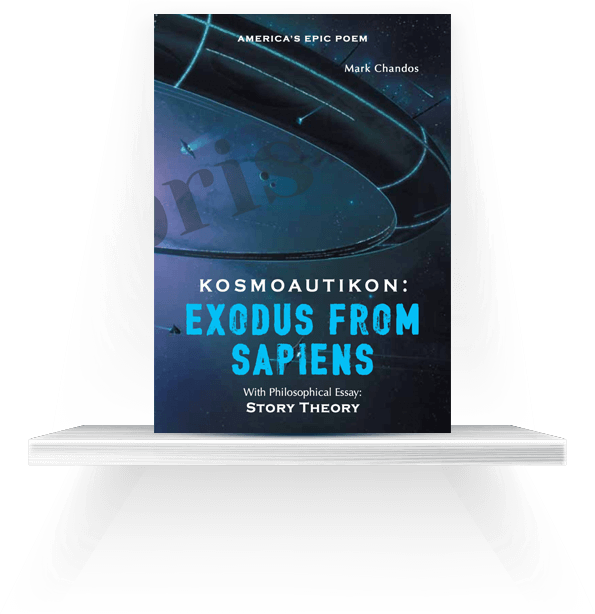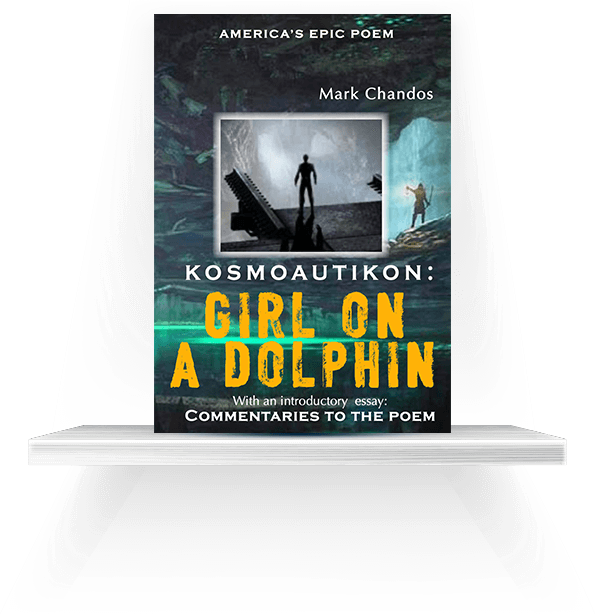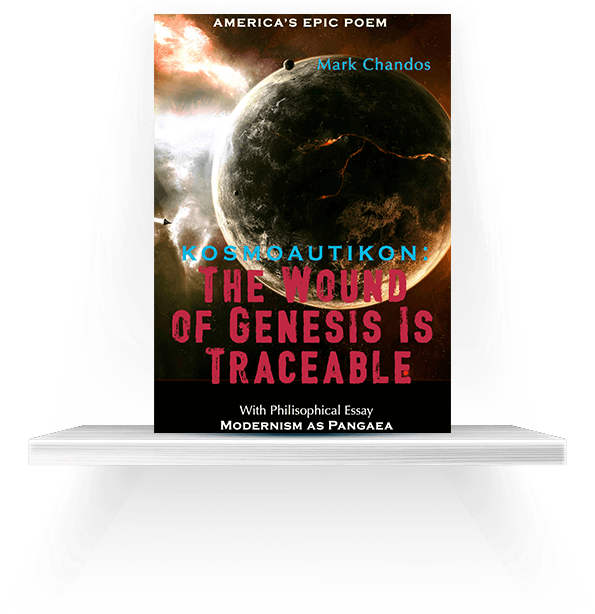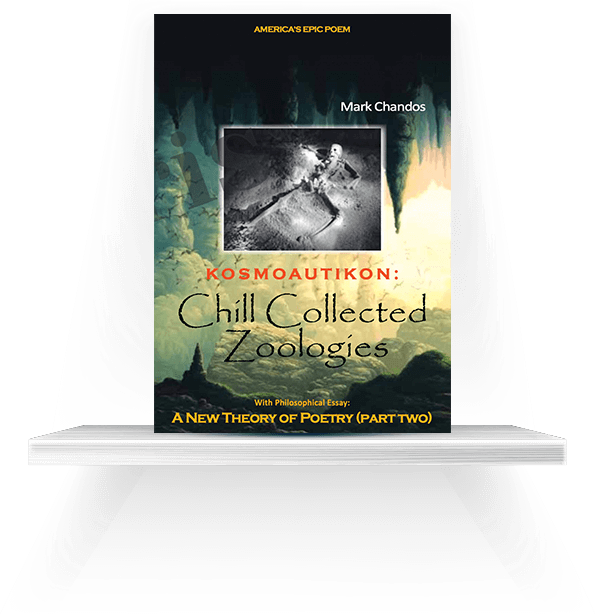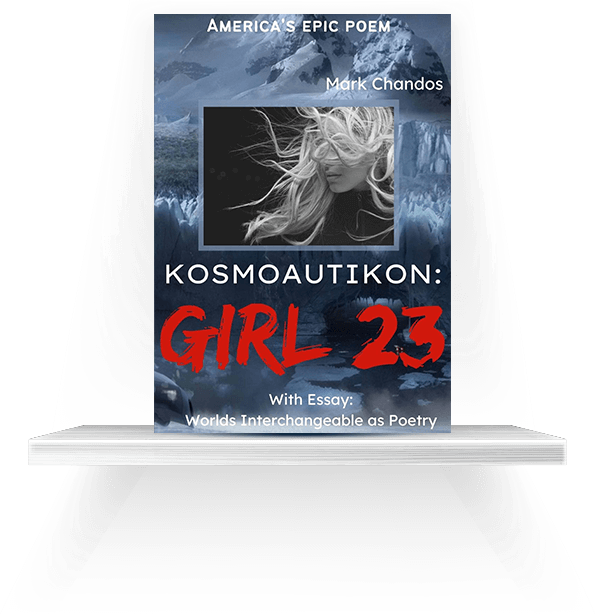Is there a macro destination of self-consciousness? What is it? That is the prize that Story Theory aims at.
As a species we still possessed no test of the over-arching position of any civilization in the moral and imaginative conglomerate of a self-conscious being – called Homo sapiens. Greek philosophy, paganism, modern science, Buddhism, shamanism, Tengrism or Christianity might be, individually,
great advances in a particular idiom – but there was still no test of the overall merit of one human idiom over all other idioms of civilization. That’s a problem. Each civilization was a separate and piecemeal experiment of human consciousness – having no relation to other linguistic experiments. Each idiom merely operated as if it was the supreme achievement of the human mind – and continued until their ideas accumulated too many wounded moralities – or their kinetic armies failed in competition with other armies.
Each civilization performs a test of reality. There is great inefficiency in serial and separate linguistic tests of reality – if each, in effect, annuls the judgments of the other. What, after all, is the use of a civilization of Christianity if Christ never rose from the dead? What is the use of Judaism if god never made a covenant with the house of Israel – or the Hebrews, in fact, never left Canaan – and were merely Canaanites? What is the use of scientism if the atom is, after all, empty? Where does a false alley of civilization leave you when it is exposed as a fraud? It leaves all that you loved, fought, and
lived for – as only a great poem. What, then, is poetry if all human things originate, and end, as poems? It means that a theory of poetry should be our goal, not a new marketable (and lying) invention of the substratum – as industrial modernism or scientism.
Therefore, I find the idioms of separate civilizations equally delusional. If true, this means that scientism, as only one of many most recent human choices of idiom, is also delusional. If each civilization builds a self-referent idiom (essentially blind to any actual reality), then I find this piecemeal approach to evaluating the merit of human consciousness (one wrong civilization at a
time) unsatisfying. It is as if amateurs and drunkards got hold of the levers of self-consciousness – and were caught driving drunk and blind into the night.
Locked in their own idiom, men are merely nomads in their own mind, living uneasily with other idiomatic nomads on the Earth, of whom they take little effort to understand or appreciate. Secularized moderns, for example, do not treasure the delicate insights of Islam or fundamental
Christianity. Scientists look upon religions as delusions of irrational fantasy and imagination. Religionists see scientists as missing the most important elements of our spiritual makeup – the clear metaphysical configuration of self-consciousness – which science can never explain or reproduce.
This is the point I wish to make in this essay: the impossibility of human idioms to accurately evaluate each other is endemic and hopeless. One may only diminish the “other civilization” until it can no longer function. We can only evaluate the “other” idiom on its funeral pyre – or by the clash
of armies. This protocol (as war) is a recourse leading only to shame and embarrassment of higher mental efficiencies. Not a new idea.
So what does Story Theory perform? Story Theory reduces all civilized human idioms to their final divisible element – that is, an interpretation of life using symbols. Only by this tool can the mind of Homo sapiens be evaluated with clarity – outside of all deeply self-referent idioms.
In Story Theory, all religions are unashamedly nominated as poetic texts and sacred stories. That is, after all, they are poems and verses using symbols and metaphors. Scientism, likewise, in Story Theory is also revealed to be a set of poems and narratives expressed with symbols of great imagination – as modern math, prescription, formula, and hypothesis are illustrated with symbolic notations. E = mc2, for example, is a symbolic notation. Each, properly and exactly, is only a house of language.
In this new philosophy, reducing all human religions and ideologies to their final divisions as imaginative, even enchanted symbology, we can finally evaluate overall where the human mind is positioned within self-consciousness. Or is it our curse as Homo sapiens to stumble from idiom to idiom like drunkards, each time mistaking the end of the world? Then the next civilization should eradicate our own – and wildly shame all our dearest, blood drenched sets of data points?
This appraisal of the macro location of the human mind – outside and apart from each civilization’s own specialized idioms – is the subject of the next ten volumes of commentary essays. It will result in a new theory of poetry, in the same way that every civilization is essentially a theory of poetry.


